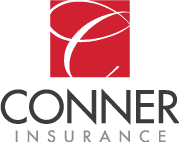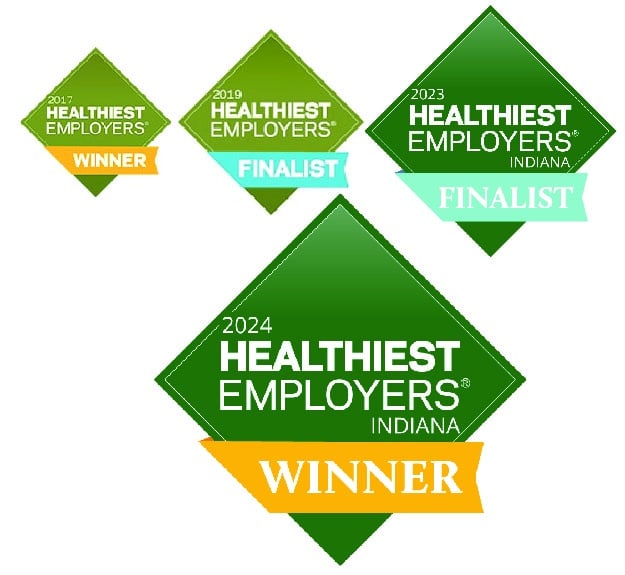Health Insurance Results Matter, And You Should Demand Them
BY RYAN SPENCER

My two-year-old daughter has a stockpile of toys adorned with flashing lights, buttons, and speakers. When a toy inevitably breaks or runs out of battery, she casts it aside. Like many of us, she only wants to play with the toys that light up the most.
In the health insurance industry, we see the same Shiny Object Syndrome influencing key decisions on health care packages. Business owners and leaders often chase after the biggest suite of health care products for the lowest sticker price without fulling vetting the product’s performance record. While these shiny objects are exciting, their allure distracts well-meaning leaders from the most important question: “How do these products provide value to my employees?”
Real, meaningful value often does not come from the shiniest feature in a plan, but so few people realize that because very few people in the space actively try to measure a feature’s true value. So, a state-of-the-art health portal may seem like a terrific value proposition for employees, but it’s worthless if it offers a poor user experience or if employees are never taught how to effectively use it.
Defining meaningful results depends on your priorities. In general, however, these include:
- Bottom line savings
- Recruiting and retention improvements
- Better employee experiences with the plan
- Reduced or eliminated out-of-pocket expenses for employees
As business owners, we have an opportunity to choose the best plan, and we owe it to our people not to get distracted by the sheen of a plan’s marketing language.
Questions That Get Results
To ensure you’re getting real value for your investment, you need to ask the right questions. A broker can tout a product’s features all day, but these don’t matter nearly as much as the results—unless they produce meaningful results.
We recently worked with a mid-sized employer who was evaluating potential health insurance vendors. The Requests for Proposal they were working with featured many of the same mistakes we see over and over again. The RFPs contained dozens of questions, but the answers they were looking for would ultimately have no impact on their final decision. In many cases, insurance providers would be able to answer the questions by listing out each of the services they provide, without revealing service effectiveness or usefulness to the specific customer.
To assist, we sent a sample RFP we like to use, one that contains 14 important questions that cut straight to the point. This list contains revealing questions, such as:
- Health insurance costs are doubling every 7-10 years. What’s your plan for stopping this trend?
- How much time would you allocate to our account on a monthly basis for strategy and implementation, and for account services?
- Please explain your process for determining what risks we face.
- Describe what innovative ways you are helping employers move beyond the “normal” wellness initiatives known today.
- How are you compensated?
The beauty of these questions is they place the onus on the sales team not to sell products but to sell value. In answering these questions, the sales team reveals:
- Whether the company is truly dedicated to thwarting the health insurance rate hikes—and whether they’re doing anything innovative to make it happen.
- Whether your company will receive ongoing attention in a typical month, or whether the company is simply interested in taking your money.
- How well the organization listens to your needs to generate a plan catered to your specific demographics.
- Whether the benefits provider has fresh ideas to generate ongoing value to your employees in order to help you retain their talents for longer.
- How much the sales rep relies on commission for income versus how much the rep relies on ongoing account maintenance for compensation.
Asking the tough, direct questions during the sales process is the first step to finding the perfect fit, but it doesn’t stop there. Once your coverage begins, you’ll want to regularly revisit the vendors answer to your questions so you can hold them accountable.
Finding a suitable plan with the desired results can be a long process, but it’s a worthwhile pursuit. When you’re thinking about the lives of your most important resource, only the best will suffice.












